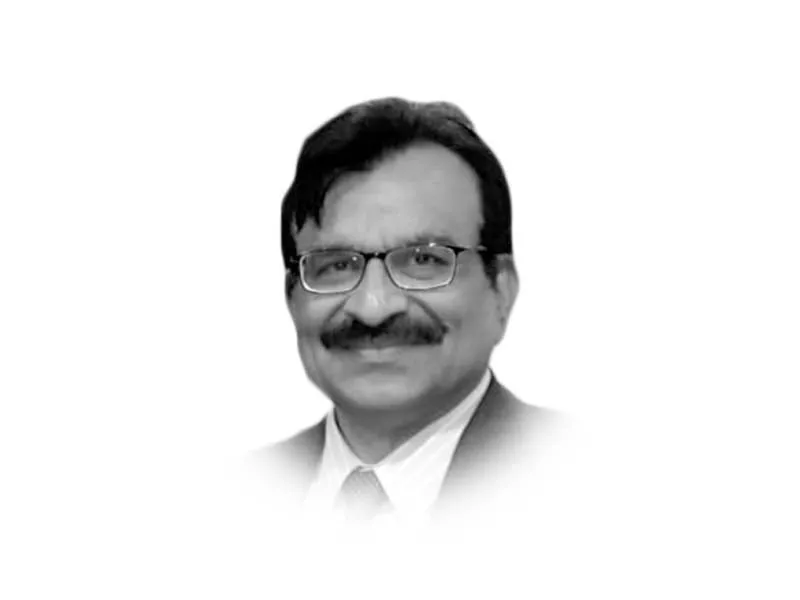Covid-19: are we going to get a second wave?
World has paid a heavy price for ignoring discipline of public health and being unprepared for a pandemic
SARS-CoV-2, the virus which causes Covid-19, is a new type of coronavirus so there are still a lot of unknowns about it even after nine months of its discovery. We are not sure about its seasonality but some scientists looked at the first countries it affected and suggested that cold weather may facilitate its transmission. Then we learned about its spread in meat processing factories in the United States where temperatures are low and people work close together. But we also saw its spread in countries with high temperatures and humidity. There is a need to understand how this virus thrives in cold and dry weather and what factors help its transmission in countries with hot temperatures?
The world has paid a heavy price for ignoring the discipline of public health and being unprepared for a pandemic which was expected. Reported deaths due to Covid-19 are close to a million and everyone agrees this number is underreported. In many countries, deaths due to Covid-19 have surpassed mortality rates of many other diseases. With more than 34 million reported cases worldwide, the rate of increase in new cases and daily reported deaths have slightly declined. The world has now more access to Covid-19 laboratory testing and milder cases are being identified. Our clinical care staff now has experience and guidance on how best to treat a patient.
Lockdowns which were imposed globally have now been mostly lifted and schools have re-opened after an extended summer vacation. But everyone is nervous too. We have been with this virus for such a short time that it is difficult to predict anything with certainty. The issue of the second wave was always on the table and everyone was struggling with it. Israel is the first country to re-impose national lockdown. The UK has started seeing a steep increase in hospitalisations after a good interval. Similarly new cases are increasing in France and Germany after an apparent control. It looks like the second wave has already started in Europe.
What about Pakistan? From the start, globally, decision-makers were hoping to develop herd immunity sooner and get over this — providing a demand for disease modellers and seroprevalence surveys. As this was being done by those with little or no prior expertise it generated bad information. Where inflated numbers of disease modellers created panic among governments, now wrongly designed and executed seroprevalence surveys are projecting a high number of immunised populations, giving a wrong sense of protection to decision-makers. Pakistan does not have a surveillance system of Covid-19. The daily numbers we get from hospitals and laboratories of tests is no replacement of required “Health intelligence”. These are not being collected in a structural way, thus provide very little insight on the pandemic’s course in Pakistan. The hospital indicators of how many have visited or are using the ICU or ventilator are anyway delayed three to four weeks after the infection. If we are relying on these numbers for our decision-making then we are looking at a three to four-week-old situation.
However even with these limitations we are seeing newly reported cases on a slow burner but never going down after a certain limit. Recently, the reported cases are also increasing. For the last two weeks there are again anecdotal reports of people being infected. This is a flu season too but I don’t see an effort to differentiate between viruses to help us understand the true threat of Covid-19. I hope the second wave never comes to Pakistan but we need to be vigilant. We need to see if children are getting infected in schools and spreading it to their families. We need to follow all previous SOPs and then hope for the best. Please buckle up as this is an uncharted territory!
Published in The Express Tribune, October 3rd, 2020.
Like Opinion & Editorial on Facebook, follow @ETOpEd on Twitter to receive all updates on all our daily pieces.


COMMENTS
Comments are moderated and generally will be posted if they are on-topic and not abusive.
For more information, please see our Comments FAQ